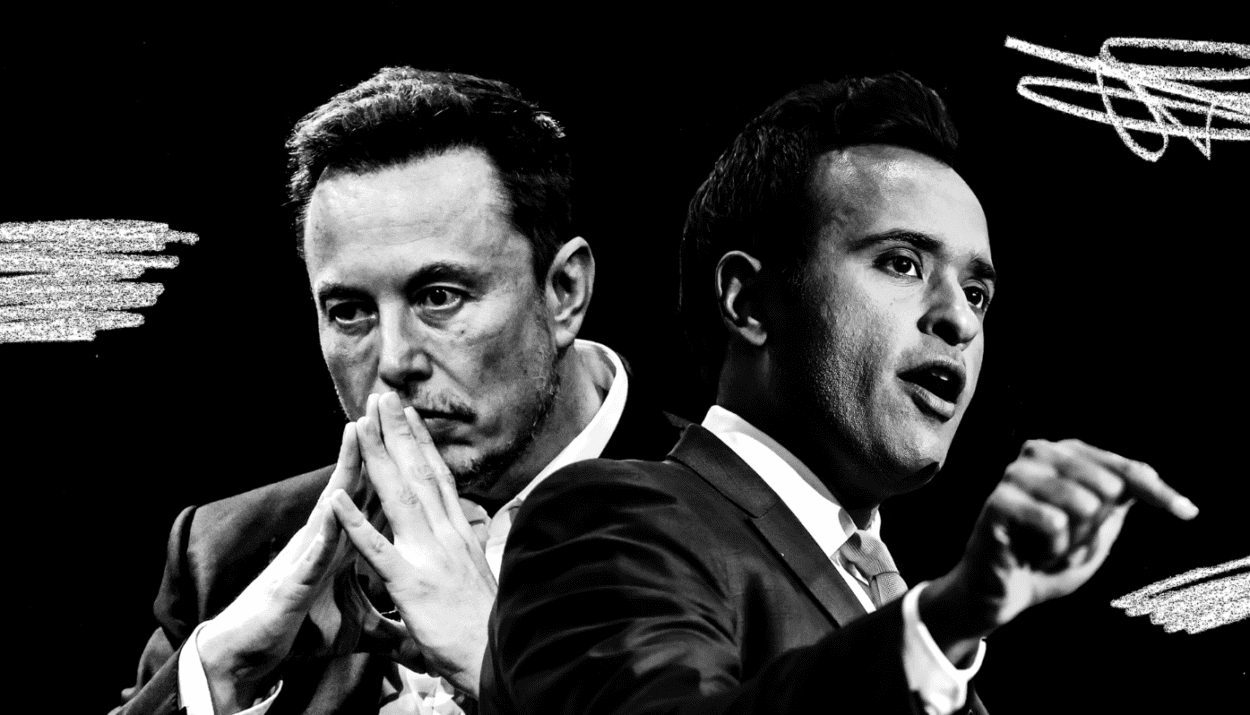They want to blame the bureaucrats, but they’re going to need those very same bureaucrats if they want to get anything done. (by Atlantic)
Elon Musk and Vivek Ramaswamy, soon to lead the newly established Department of Government Efficiency (DOGE), aim to streamline U.S. government bureaucracy, focusing on slashing regulations and reducing the federal workforce. Their approach, however, reflects a flawed understanding of systemic issues.
While targeting regulations deemed excessive, they overlook the legal and procedural hurdles that slow reform. Supreme Court cases like Loper Bright v. Raimondo and West Virginia v. EPA, which they cite as empowering, actually constrain their authority to reinterpret laws and rescind rules. Additionally, their promise to cut waste, fraud, and abuse ignores the entrenched economic interests tied to federal spending, such as hospitals and doctors.
DOGE’s aggressive plans to reduce government spending through “impoundment” (refusing to spend appropriated funds) and sidestep Congress are legally dubious. Their dismissal of Congress in favor of executive action contradicts their stated belief in representative governance. While their critique of inefficiencies in the civil service is valid, their focus on firings rather than hiring improvements undermines their capacity to achieve meaningful change.
Ultimately, Musk and Ramaswamy’s vision for reform is ambitious but appears misaligned with the structural realities of government. Without a deeper understanding of procedural complexities and stakeholder dynamics, their strategy risks failure.
This story was originally featured on Atlantic.










